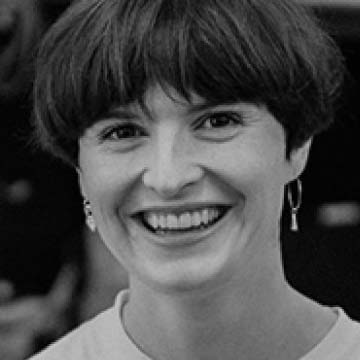Pop star Lily Allen’s acting shines in Sharon Horgan’s new comedy series Dreamland
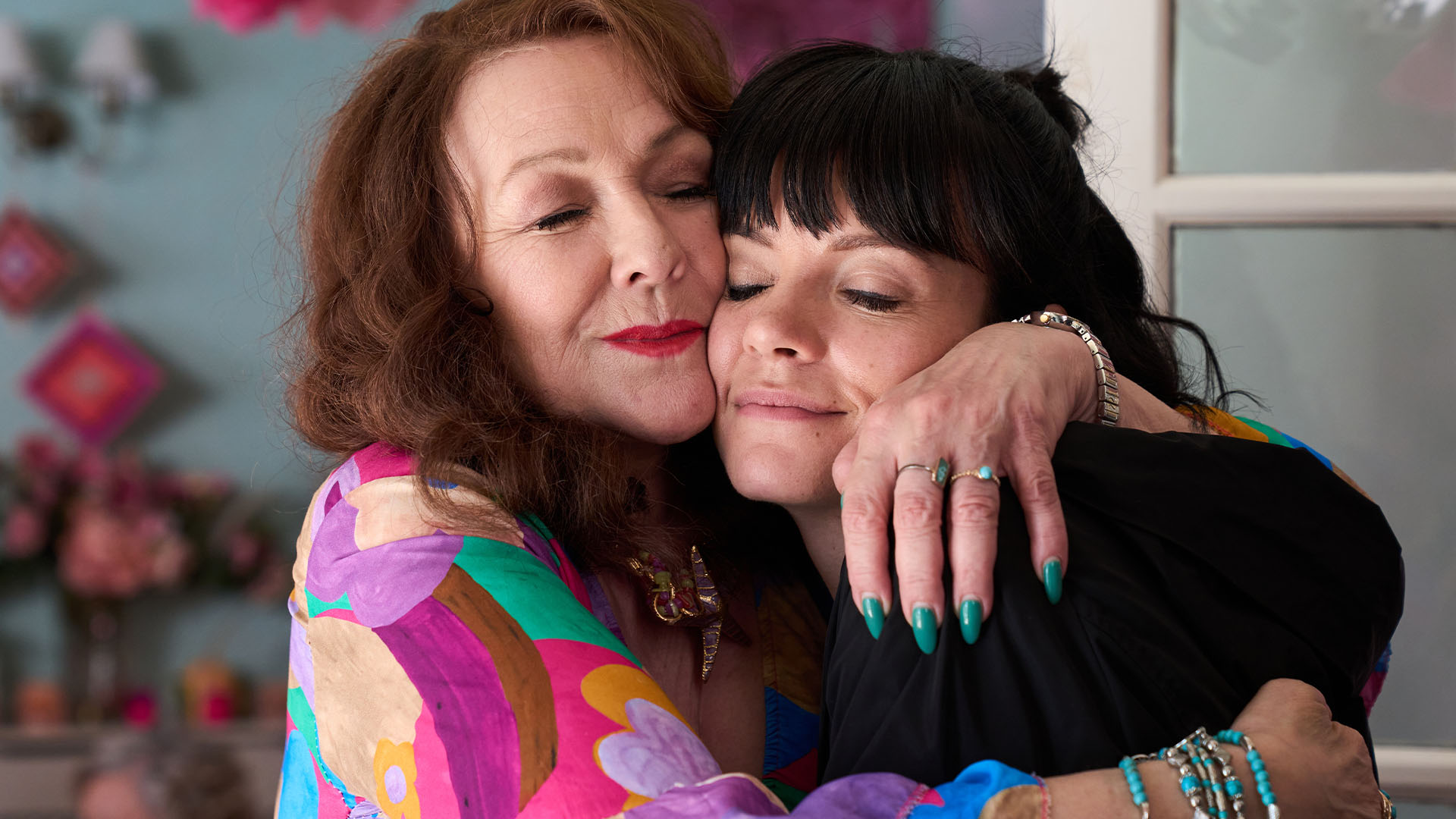
Lily Allen leads Sharon Horgan’s brand new show Dreamland. Rachel Ashby is impressed by both Allen’s first starring role and the show’s portrait of a dysfunctional but loving family of women.
Dreamland, the new series created by Sharon Horgan’s production company Merman (Bad Sisters, Catastrophe), is a colourful story about the complicated bonds of sisterhood starring pop singer Lily Allen in her debut role for TV.
Allen plays Mel, a messy millennial who has returned home to reconnect with her family after a fraught stint working in the Paris fashion world. She arrives in the raucous seaside pleasure town of Margate with a whacking hangover, no job, and a cloud of regrets trailing behind her. First stop home is to gatecrash her highly-strung sister Trish’s (Freema Agyman) baby shower. It’s her third child with partner Spence (Kiell Smith-Bynoe) and she’s manifesting a girl with an enthusiasm bordering on mania. The aggressively pink celebrations are abruptly interrupted by Mel’s arrival, eliciting cheers from half the family and a frosty glare from Trish.
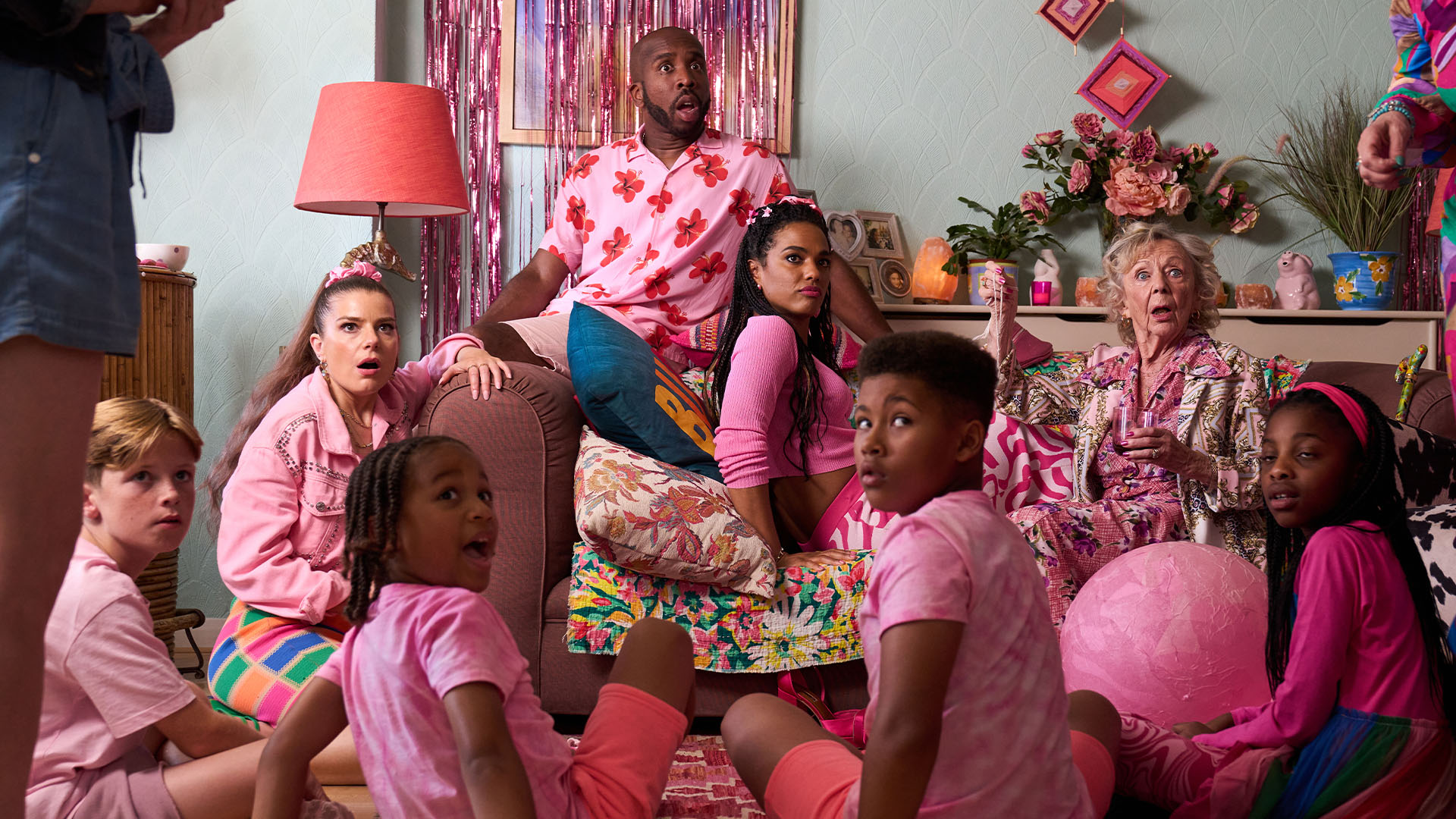
Dreamland is a portrait of a dysfunctional but loving family of women, with Mel and Trish’s tense relationship at the centre. The gang of sisters is rounded out by the pragmatic Clare (Gabby Best), a journo for the local paper with quiet aspirations of becoming an author, and the charming but spacey Leila (Amiee-Ffion Edwards), a bin-woman with a knack for upcycling. Nan (Sheila Reid) is about to receive a local legend award, while mum Cheryl (Frances Barber) is secretly navigating her first lesbian relationship.
It’s a lot for Mel to arrive back into, and it quickly descends into further entanglement when Mel discovers that she’s also pregnant.
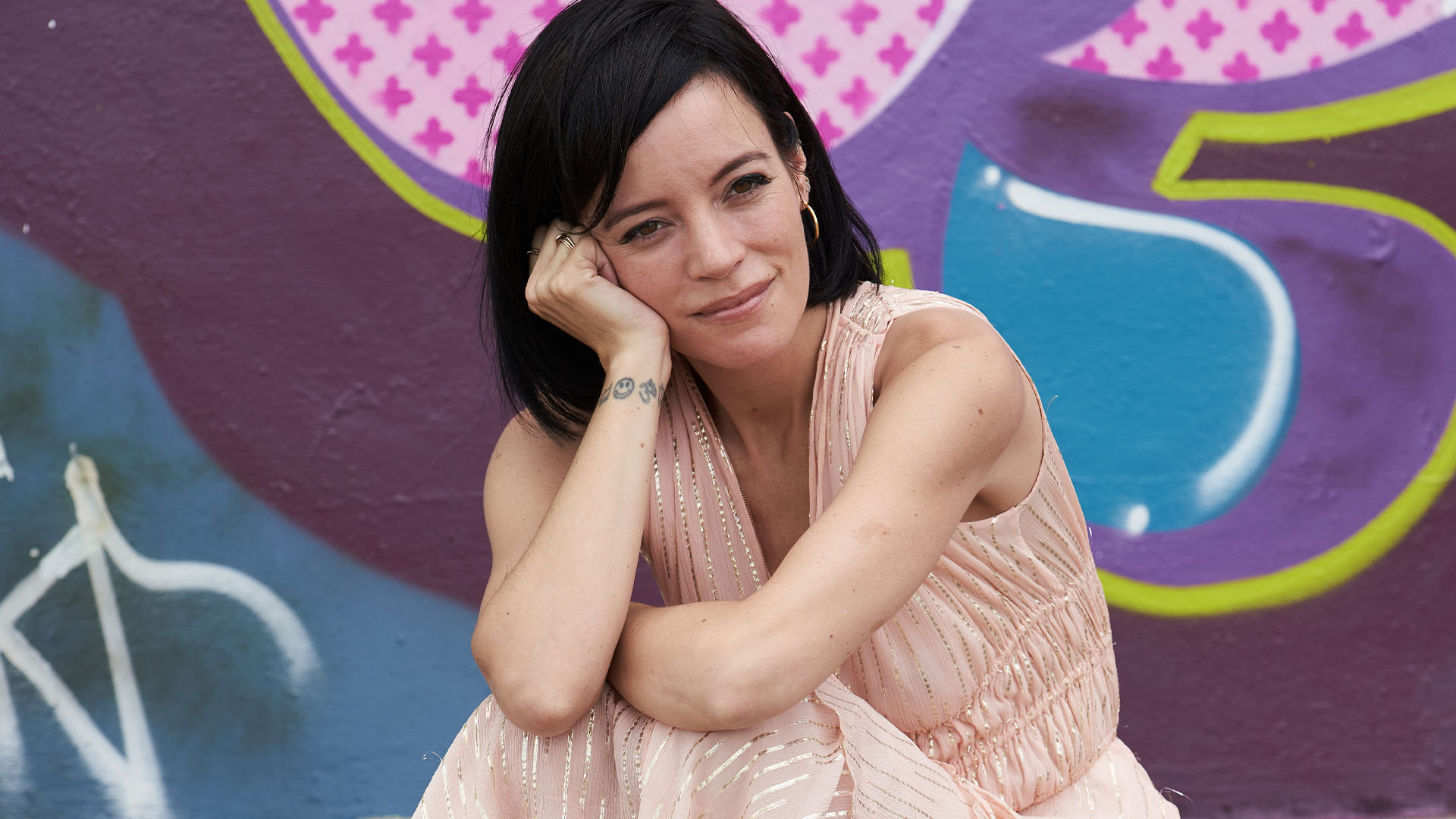
For many, the star power of Lily Allen’s name attached to this project will be a big drawcard, and the singer’s first major television foray does not disappoint. Allen brings a sardonic weariness to her portrayal of Mel, performing the ‘party girl with a bruised ego’ role well. It’s in Mel’s more vulnerable moments that Allen’s depth as an actor is really allowed to shine. Mel might be all hard edges and deflated bravado on her return to Margate, but Allen draws out the quieter anxieties of her character with a deft subtlety.
Scenes between Mel and Clare, the peacemaker sister of the family, really highlight these skills. The warm gruffness of Gabby Best’s performance as Clare really complements the softer and more uncertain sides of Mel, making for some of the most endearing and moving scenes in the show.
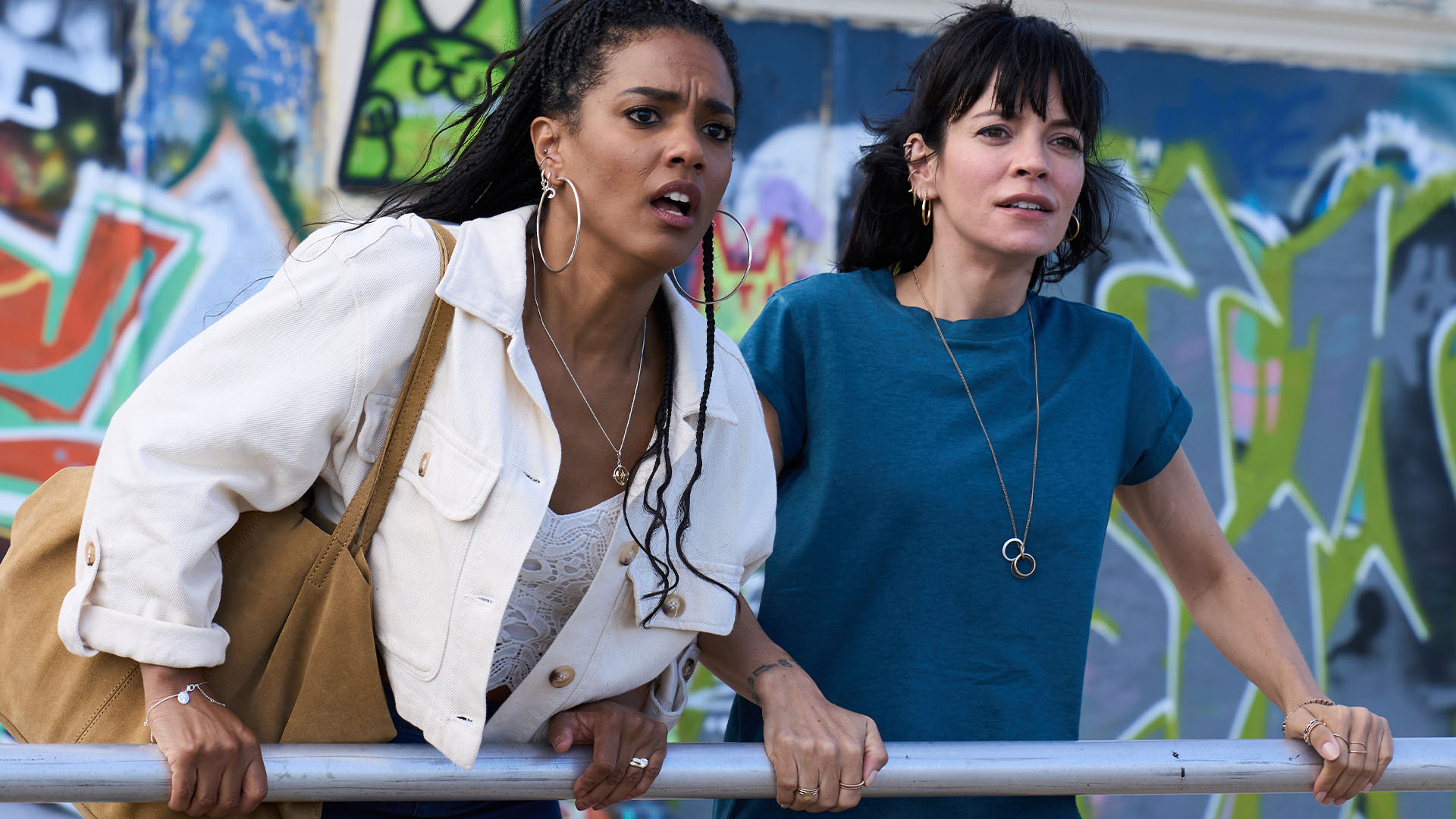
Freema Agyman is also a triumph as Trish. As the eldest, and the only mixed-race sister in the family, Trish is as defensive and edgy as she is effusive and outgoing. It’s implied early on in the first episode that she had a difficult time after her first two sons were born—consequently there’s an air of cautiousness in how the family reacts to her latest pregnancy. No doubt Trish is hard work, but Agyman brings a charisma and vulnerability to her performance that makes her easy to love.
Trish is desperate to move her family off the estate and into their own house, and the show gently touches on the increasing creep of gentrification in the seaside town that makes this goal seem so lofty. The irony is not lost that Trish’s day job is as a real estate agent selling much flasher properties to Londoners looking for a beachy place to settle away from the city.
With these three sisters navigating difficult social and political contexts, it might be tempting to write off fourth sister Leila as the comic relief character; a ditsy Margate doll with a knack for getting herself out of trouble without ever really realising she was in it. However, Amiee-Ffion Edwards’ performance of Leila is earnest and well-rounded, resolutely preventing her from becoming the butt of the joke. She’s given one of the most direct lines about encroaching gentrification to deliver, and pivots effortlessly from glamorous good-time gal to ferociously protective community advocate.
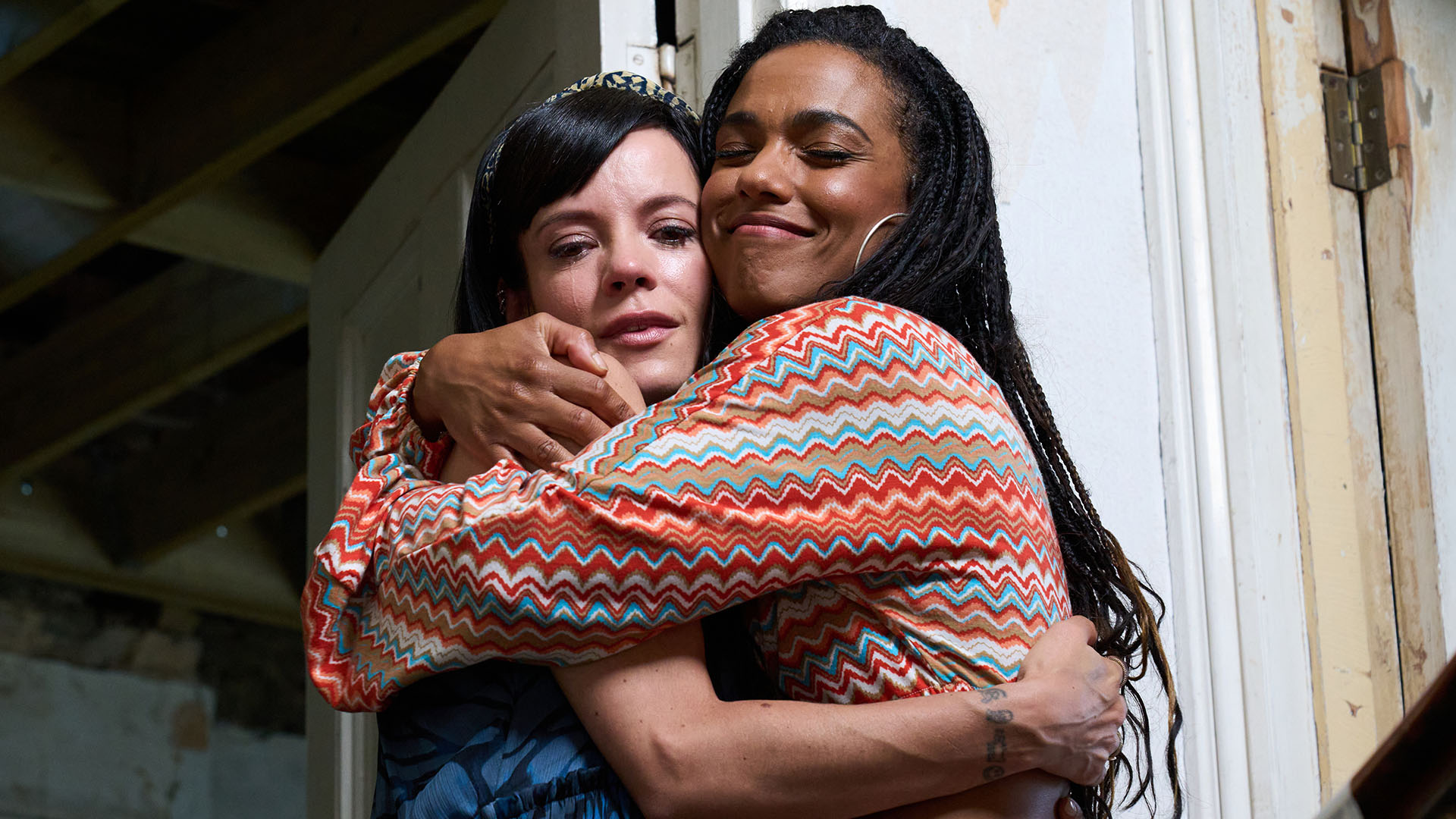
The television series is an adaptation of Sharon Horgan’s 2018 BAFTA award-winning short film Morgana Robinson’s Summer (which you can watch here). Clever and original stories about women are a hallmark of Horgan’s work, whether that’s through her writing, acting or production roles. Much like Horgan’s recent smash hit Bad Sisters, which she co-wrote and starred in, Dreamland is unafraid of using humour as a tool to draw out the trickier nuances of female relationships.
While the subject matter of this show is not so dark as four sisters trying to murder their brother-in-law, Dreamland certainly drops a few moral bombshells that subvert the cheerful appearance of the production. Much like Margate itself, there’s a grittier world beneath the show’s brightly coloured exterior. This complex morality coupled with witty one-liners and a joyful ensemble makes Dreamland a compelling watch.
